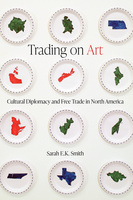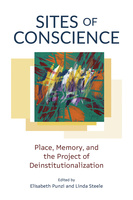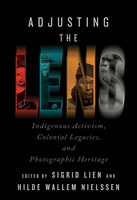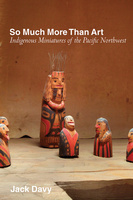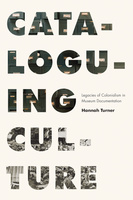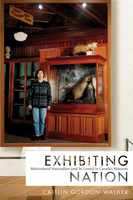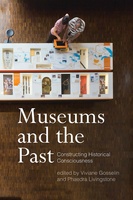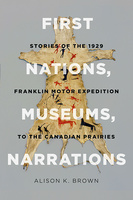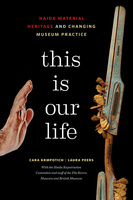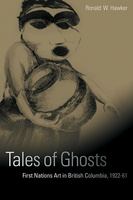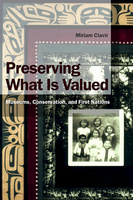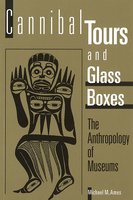Sites of Conscience
Place, Memory, and the Project of Deinstitutionalization
Sites of Conscience charts the importance of public engagement with histories, memories, and lived experiences of institutions in forging new directions in social justice with and for disabled people and people experiencing mental distress, in a context where deinstitutionalization has failed to fully recognise, redress, and repair the ongoing impacts of institutions.
Adjusting the Lens
Indigenous Activism, Colonial Legacies, and Photographic Heritage
Adjusting the Lens explores and celebrates decolonizing strategies and practices that confront the ways the photographic record of Indigenous peoples has been shaped by the colonial imagination.
So Much More Than Art
Indigenous Miniatures of the Pacific Northwest
So Much More Than Art reveals the fascinating practice of miniaturization in Indigenous Northwest Coast art as a subtle form of communication in the face of oppressive colonization.
Cataloguing Culture
Legacies of Colonialism in Museum Documentation
In examining how the technologies of museum bureaucracy – the ledger book, the card catalogue, the database – operate through a colonial lens, Cataloguing Culture shines a light on access to and the return of Indigenous cultural heritage.
Exhibiting Nation
Multicultural Nationalism (and Its Limits) in Canada’s Museums
This exploration of museums as sites for representing and defining national identity encourages us to reconsider the idea of the multicultural nation.
Museums and the Past
Constructing Historical Consciousness
This vibrant examination of the museum’s role as contemporary narrator of our past reveals that our perceptions of history and ourselves are shaped as much by how a museum presents information as by what information it presents.
First Nations, Museums, Narrations
Stories of the 1929 Franklin Motor Expedition to the Canadian Prairies
The story of the Franklin Motor Expedition that collected First Nations artifacts on the Prairies in 1929 as well as a larger study of the relationships between museums and the indigenous peoples whose heritage items they house.
This Is Our Life
Haida Material Heritage and Changing Museum Practice
The story of a transformative visit by members of the Haida Nation to British museums housing their cultural artifacts.
Tales of Ghosts
First Nations Art in British Columbia, 1922-61
An insightful examination of the complex functions of Northwest Coast art objects produced between 1922 and 1961, and a vital addition to First Nations and Canadian history.
Preserving What Is Valued
Museums, Conservation, and First Nations
What are the “right ways” to preserve heritage? Are the aims and purposes of museums necessarily at odds with those of First Nations? This thoughtful book explores the concept of museum conservation in light of cultural repatriation issues, and helps readers understand the complex relationship between museums and Aboriginal peoples.
Captured Heritage
The Scramble for Northwest Coast Artifacts
Douglas Cole Examines the process of anthropological collecting on the Northwest Coast between 1875 and the Great Depression, in the context of the development of museums and anthropology.
Cannibal Tours and Glass Boxes
The Anthropology of Museums
Cannibal Tours and Glass Boxes poses a number of probing questions about the role and responsibility of museums and anthropology in the contemporary world.
Objects of Myth and Memory
American Indian Art at the Brooklyn Museum
Objects of Myth and Memory is the first publication devoted to the Brooklyn Museum's influential collection of Native American art of the Pacific Northwest

